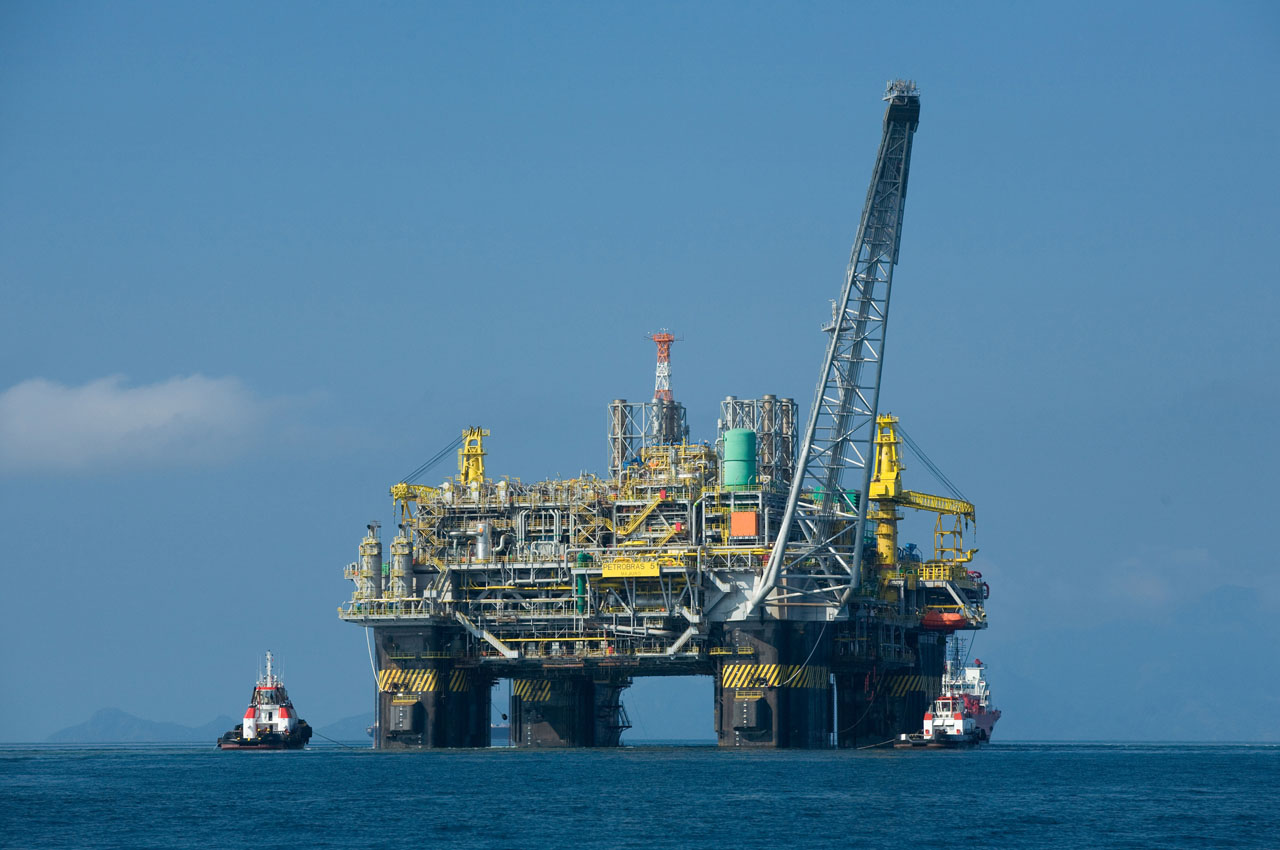The back-and-front movements of the federal government on issues surrounding momentary national scarcity or regional price differences have continued to worry key investors in the downstream oil and gas sector.
In an interview, former Minister of Internal Affairs, and chairman of Integrated Oil and Gas, Mr. Emmanuel Iheanacho has let the cat out of the bag by telling the government to once and for all take a sustainable policy position on the downstream so that investors can be well guided than running a highly risky business.
He said “There ought to be subsidy at this point in time. If there is no subsidy, then the market should be fully liberalised so that people are at liberty to set their own prices. Competition will beat down prices, exactly like what is happening in the Automotive Gas Oil (diesel) market; you can’t just have anybody selling at monopoly prices.
He noted that the state of the Nigerian downstream oil and gas sector is fraught with a lot of risks, stressing that “There is a lot of fine-tuning of policies that need to be done so that people who take risks in importing petroleum products for local consumption don’t over-expose themselves”.
“There are major issues in relations to pricing. For instance, you know that historically people have been advocating that the market be liberalised so that people can import at the prevailing price and be able to sell with the fair mark-up, which can be regulated by competition. But what we currently have is a situation where we are supposed to be under price modulation.
“A cap is set on selling price; but a cap is not set on international market prices. So, if you are using a template from which you have extracted a selling price and the international market price moves against you, you have had it. And that is what we have at this point in time. We have a dilemma that a lot of people are faced with where you import a cargo as per the template and it lands at N134-N135 a litre and you are required to sell at N132. If you made a loss of N3 a litre in a 30,000-tonne cargo, straightaway, you are losing N120m. No business in Nigeria can sustain that sort of loss. So, unless something is done very urgently, I think that we will find that there will be a scarcity of products because people will no longer have the motivation at all to import products.
On why there is always scarcity of products since the NNPC is said to be importing the larger portion of what is consumed, Iheanacho said “Let me tell you something and don’t make a mistake: the NNPC buys in the same market that we buy”.
“If we do best in defining the landing cost through a very well thought-out template and it comes out at N131, the NNPC must be spending at least N231. But if the NNPC buys a product at N131 and sells it at N111, it is losing N20 on every litre that it sells. At the end of the day, it is every Nigerian that will be responsible for bearing the cost of this problem.
He said he do not see the government increasing the price of petrol anytime soon, rather “the next adjustment that must be made is to declare full deregulation and allow prices and volumes to be determined by market forces”.









